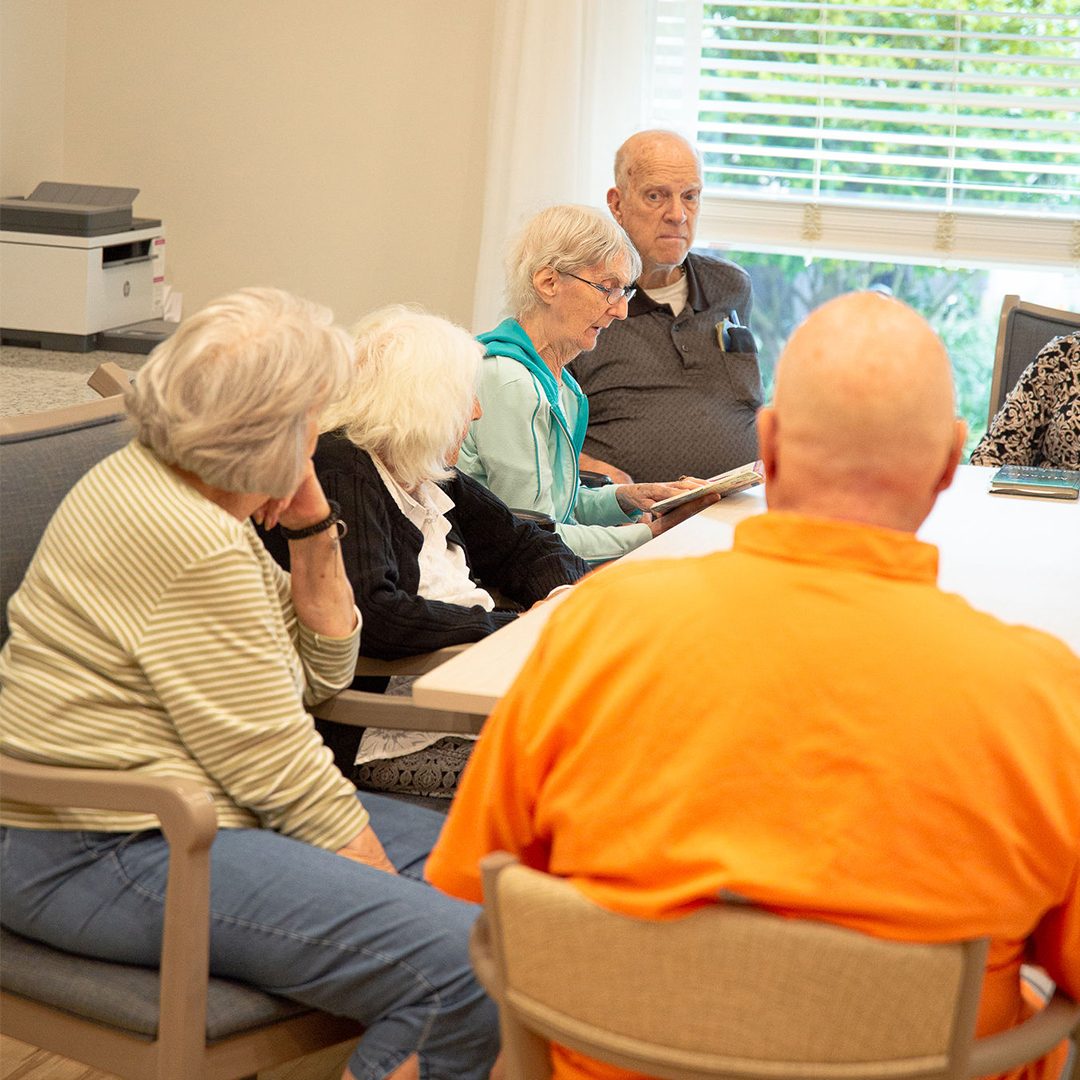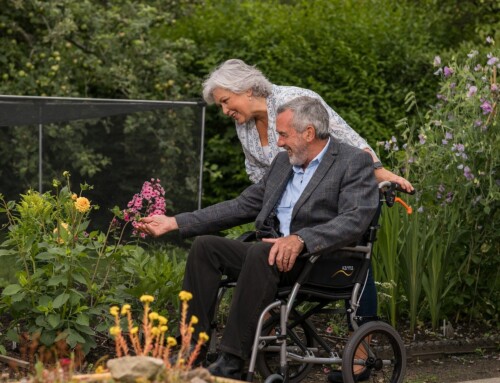No adult wants to feel rushed about entering assisted living, and no family members want to rush their loved ones into making a big change if it’s not yet needed. However, that doesn’t mean that family members can sit idly by as their loved one’s conditions worsen or it becomes harder for them to operate their household. Today article will discuss several signs that may indicate that it is time for your loved one to enter a senior residence, whether assisted living or memory care. We will also explore why family members must play a key role in identifying when it’s time for that serious discussion.
Respecting the Senior’s Autonomy
Unless a senior is experiencing significant cognitive or memory issues that warrant intervention, the decision to move into assisted living should ultimately be theirs. It can be counterproductive to push the idea if they aren’t ready—doing so can lead to resistance, even later on when assisted living becomes something that can help. That’s why it’s vital to look out for these signs of concern that signal when assisted living or memory care is more appropriate.
That being said, starting conversations early about future plans is also vitally important. Discussing preferences for living arrangements while they are still independent and clear-minded can make the transition smoother when the time comes. If you forgo having these tough talks, it can often become impossible to know how to truly respect their wishes later on when family members are responsible for making decisions.
When Is It Time for a Senior Residence / Assisted Living?
They Struggle with Daily Activities: Everyone must be able to care for themselves; if not, they need someone else to help them. If your loved one is finding it increasingly difficult to manage basic daily tasks like bathing, dressing, or cooking, it might be a sign that assisted living could benefit their daily routines and life. Staff at facilities allow seniors to maintain independence during activities that don’t require assistance while still stepping in to safeguard their well-being during risky daily tasks.
Frequent Falls or Mobility Issues: Falls are a common concern as people age, and frequent incidents can signal the need for a safer, more purpose-built environment. Even if falls haven’t led to severe injury yet, the risk is always there, and it’s important to consider the potential consequences the next time something happens. Assisted living communities minimize fall risks by implementing handrails, step-free showers, and proper lighting in every bedroom and many common areas. Houses built decades ago are typically not the ideal location to grow old, as many room dimensions and layouts make it harder for seniors to navigate their own space.
Decline in Household Upkeep: If you notice a once tidy home is now cluttered, dishes are piling up, or bills are being neglected, this could indicate that household management is becoming overwhelming. This might not just be a matter of motivation—it could be a sign that your loved one is struggling physically or mentally to keep up with the demands of maintaining a residence. Even if other issues like depression are the root cause of this disorganization, it’s still worth looking into how local assisted living facilities can provide a sense of community to help address these problems.
Social Isolation: Isolation is a known danger for seniors without daily commutes and careers, and increased levels of isolation can lead to depression or cognitive decline. If your loved one isn’t getting out or socializing like they used to, an assisted living community could offer social activities and companionship to counteract these feelings and return them to their once-happy self.
Health or Medication Management Issues: Many seniors use medications daily—sometimes multiple times per day—and even one missed dosage can be enough to cause health concerns, depending on the senior’s conditions. One of the most basic forms of assisted living staff assistance is medication management, as well as regular health monitoring that can quickly identify any changes in condition.
These are just some of the signs that assisted living might be the best option for your loved one. Remember, you don’t want to wait until it’s too late to give your family member a better, healthier life. Being proactive and understanding when to make that decision can significantly improve their quality of life.
To learn more about assisted living or memory care and how it can help your family member in the Ocala or Sarasota/Venice area, contact A Banyan Residence today.







